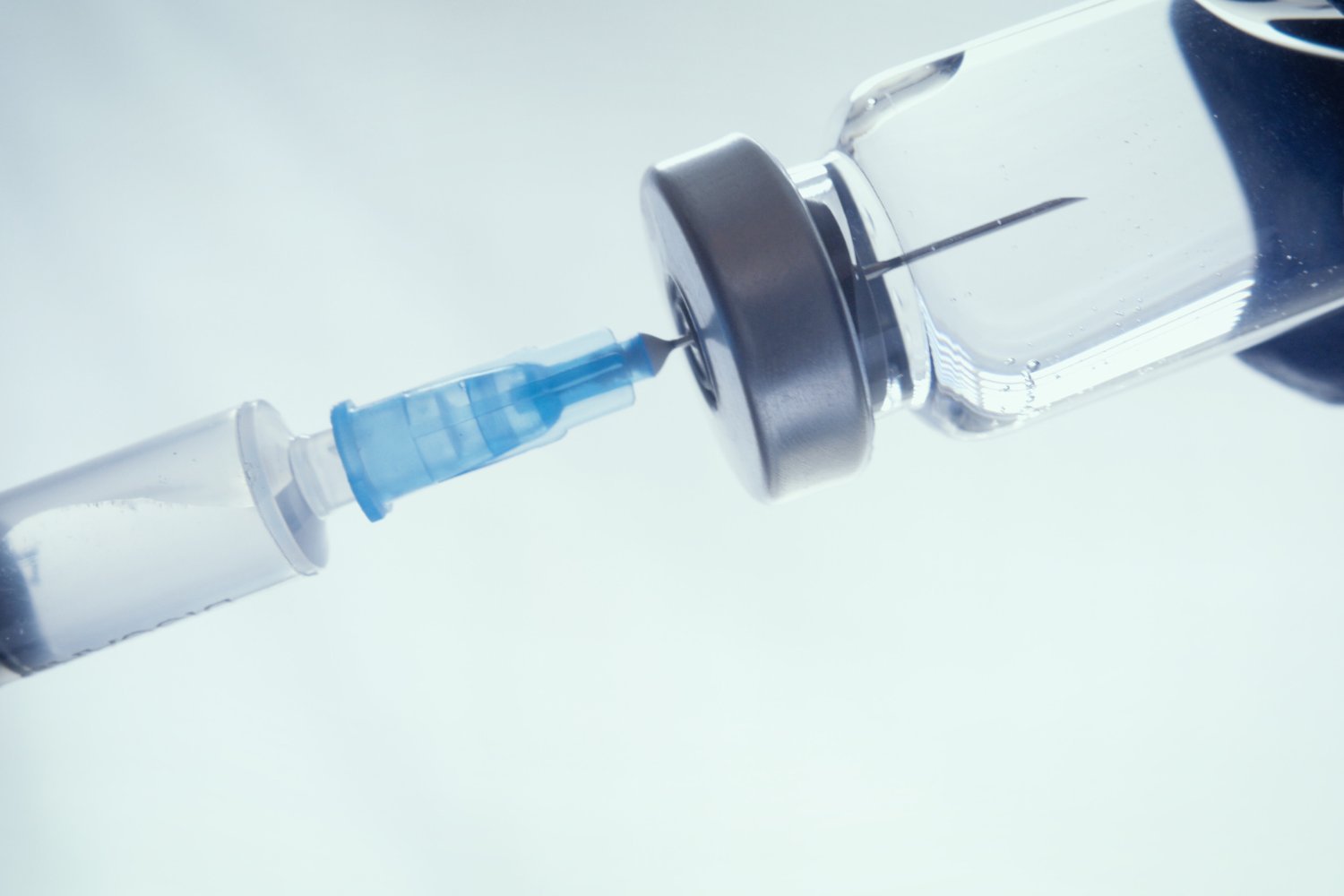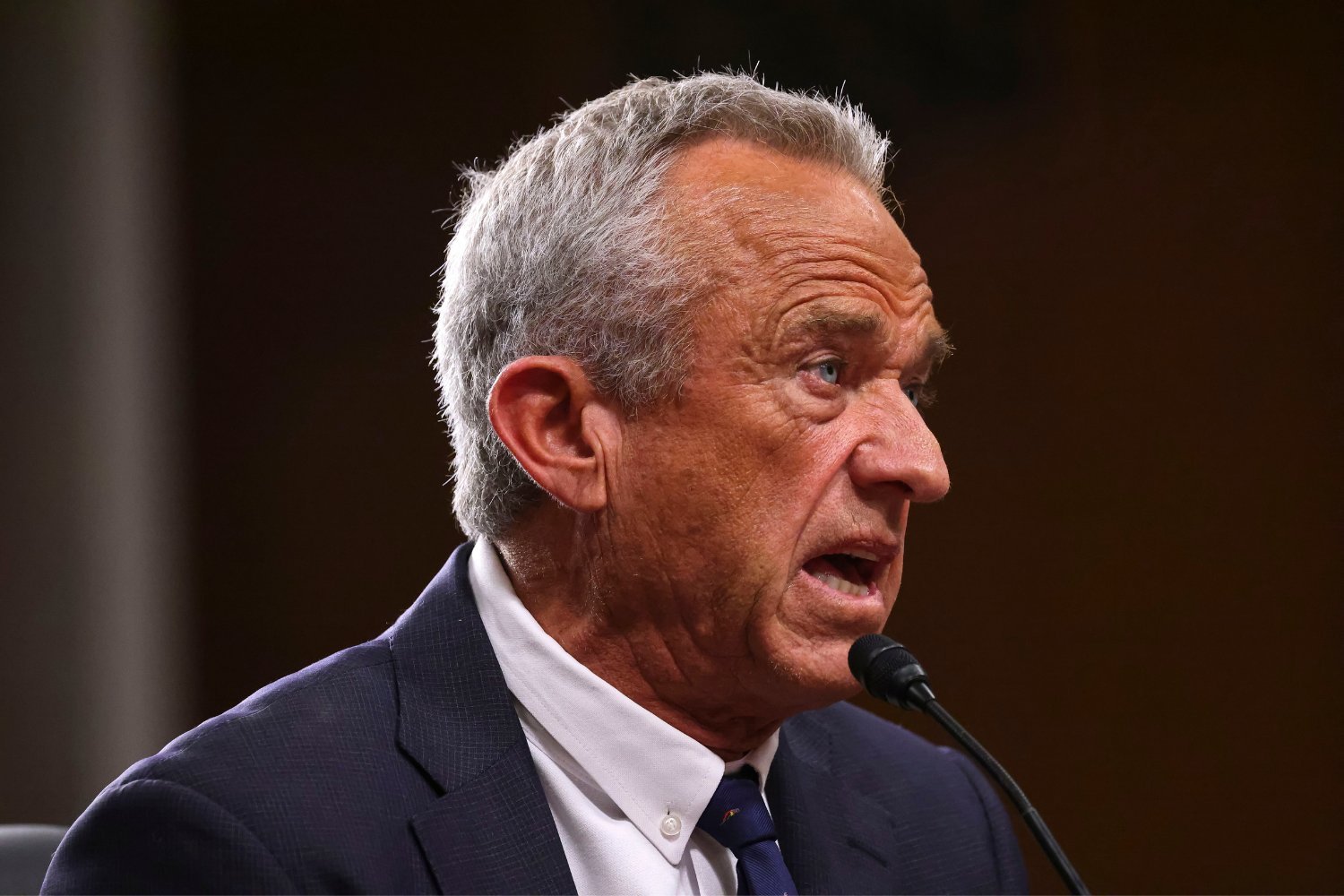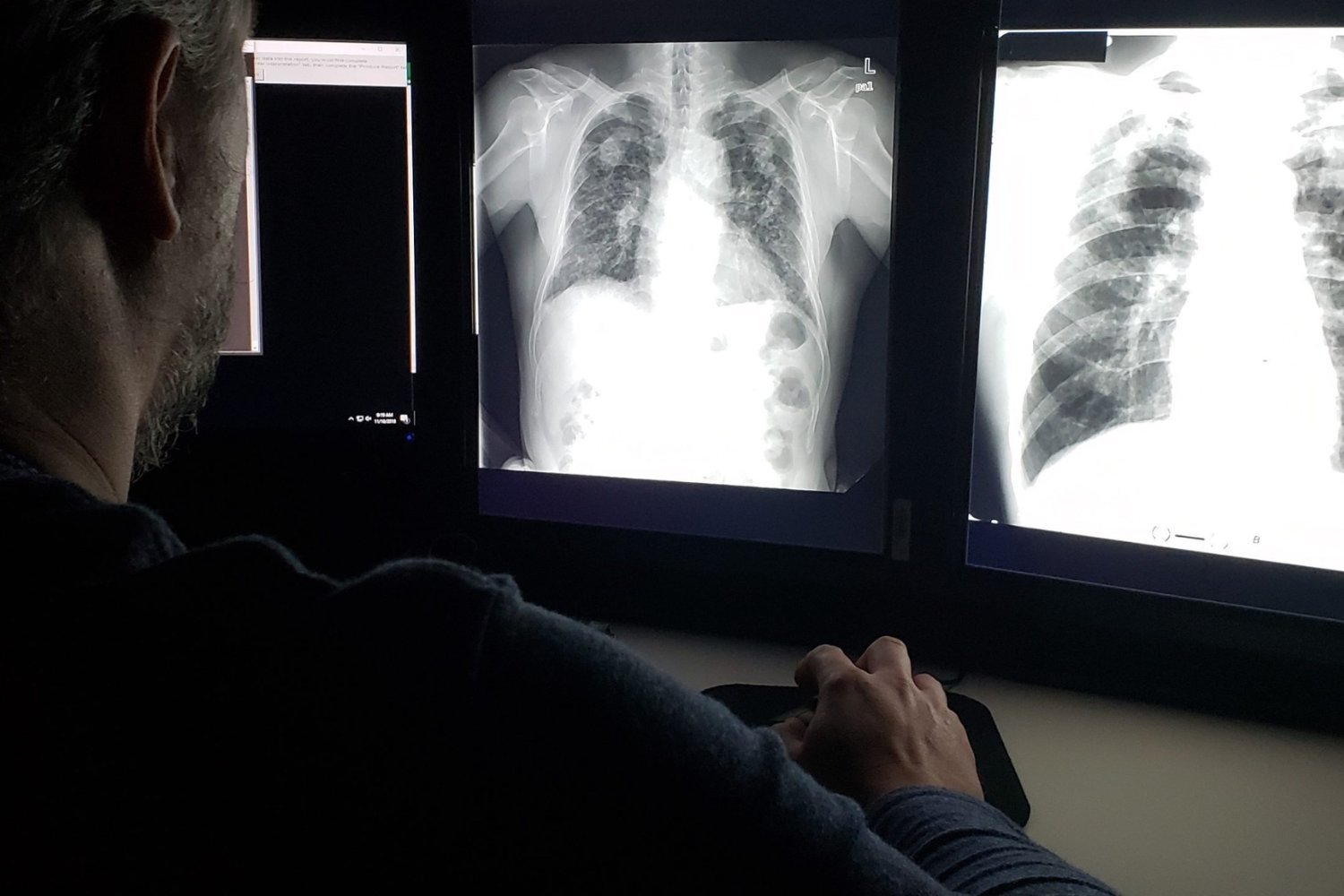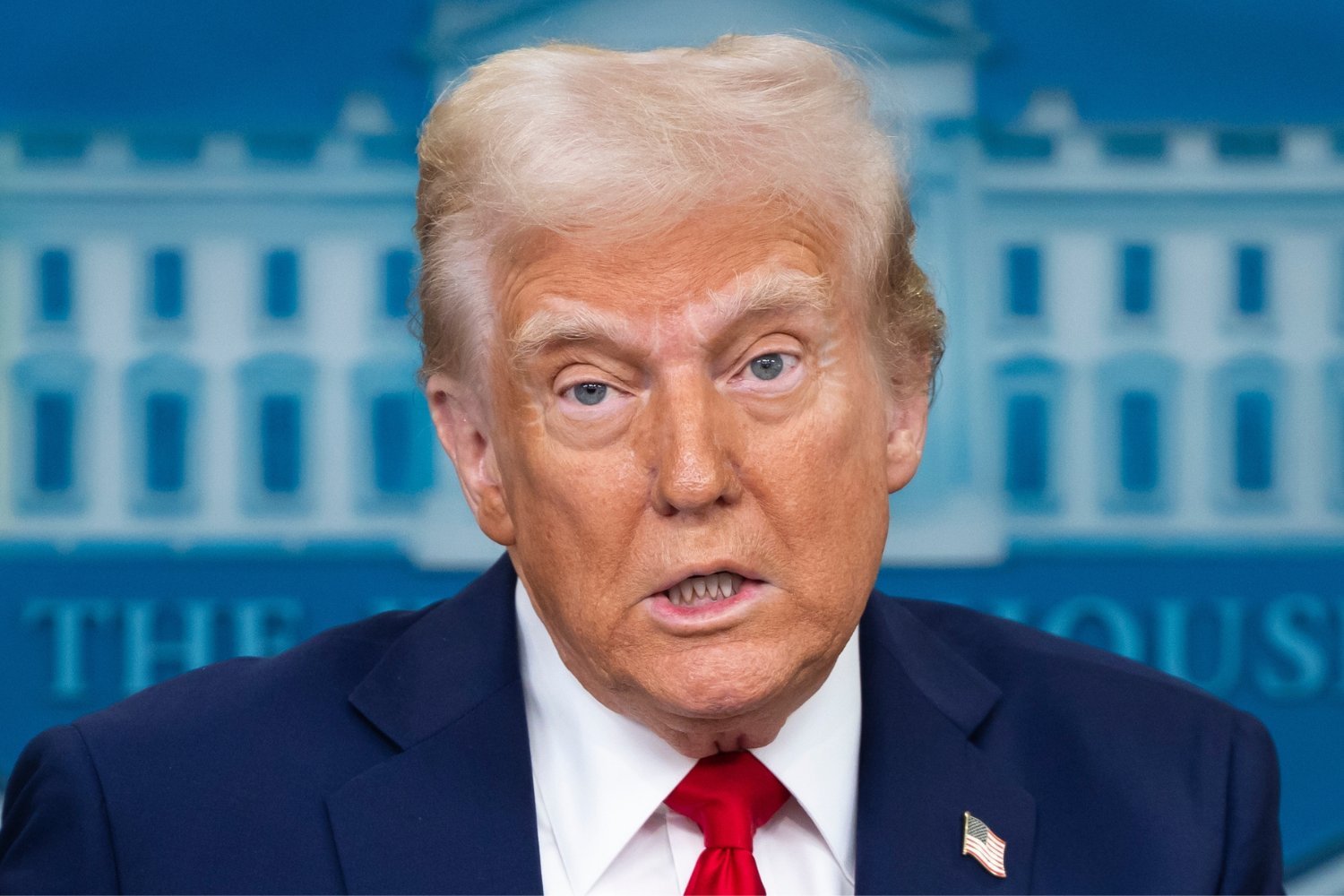Moderna’s mRNA-based combination flu and COVID-19 vaccine, mRNA-1083, has shown promising results in a recent Phase III trial. However, recent policy changes at the FDA, influenced by Health Secretary Robert F. Kennedy Jr., have cast doubt on its approval timeline and the future of vaccine development.
The Phase III trial involved 8,000 participants across two age groups (50-64 and 65+), comparing mRNA-1083 to separately administered flu and COVID-19 vaccines. Results published in JAMA indicate that mRNA-1083 elicited a comparable or even superior humoral immune response to both viruses, particularly against influenza strains. The vaccine was also found to be safe and well-tolerated.
These positive findings would typically pave the way for FDA approval. However, the Department of Health and Human Services recently mandated placebo-controlled trials for all new vaccines. This raises concerns about the applicability of this mandate to combination vaccines like mRNA-1083, which can be compared to existing vaccines, and vaccines targeting rapidly evolving viruses like flu and COVID-19.
Experts argue that these changes are potentially unethical and unnecessary, as they may expose participants to preventable infections. The mandate could also delay the rollout of crucial seasonal vaccines, including current COVID-19 boosters.
A significant hurdle for mRNA-1083 is the absence of an approved mRNA flu vaccine. This could justify the FDA’s demand for further placebo-controlled trials. Furthermore, RFK Jr. and other recent Trump appointees have expressed skepticism towards mRNA vaccines despite lacking substantial evidence of their inferior safety. Kennedy, a known supporter of the anti-vaccine movement, has even falsely claimed the mRNA COVID-19 vaccine is the “deadliest vaccine ever made.”
Following the FDA’s request for additional data demonstrating mRNA-1083’s efficacy against influenza, Moderna announced that it doesn’t anticipate approval before 2026. However, given the current political climate and regulatory landscape, even this timeline remains uncertain.











